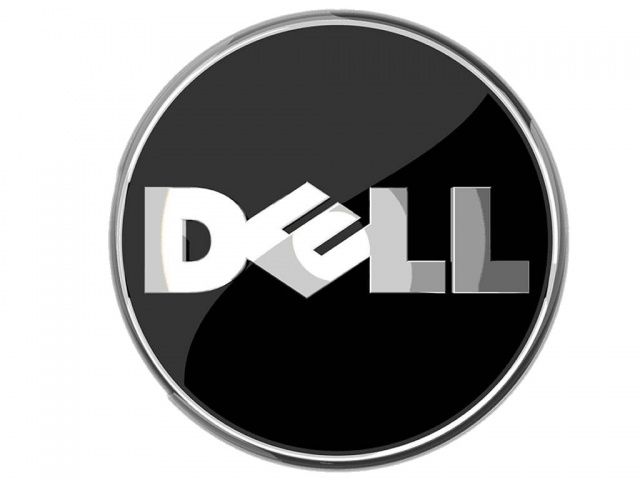Back in 1997, Michael Dell famously said that if he were Apple, he’d “shut the company down and give the money back to the shareholders.” Now, Dell’s taking at least part of his own advice, having worked out a deal fifteen years later with Microsoft and Silver Lake Partners to buy back his company from shareholders and go private again.
Don’t get too excited, though. It’s not official yet.
Although the deal is still subject to shareholder approval, the $24.4 billion deal would buy up all existing stock for a price of around $13.65 a share. Says Dell:
The price represents a premium of 25 percent over Dell’s closing share price of $10.88 on Jan. 11, 2013, the last trading day before rumors of a possible going-private transaction were first published; a premium of approximately 35 percent over Dell’s enterprise value as of Jan. 11, 2013; and a premium of approximately 37 percent over the average closing share price during the previous 90 calendar days ending Jan. 11, 2013.
Of course, the stock is up since the announcement, having reached a price of $13.37 a share as of writing.
Microsoft also put quite a bit of money into this deal, in what appears to be an investment and partnership similar to the one they inked with Nokia: an attempt to guarantee Windows’ place in the future of the PC. From their announcement:
Microsoft has provided a $2 billion loan to the group that has proposed to take Dell private. Microsoft is committed to the long term success of the entire PC ecosystem and invests heavily in a variety of ways to build that ecosystem for the future.
“We’re in an industry that is constantly evolving. As always, we will continue to look for opportunities to support partners who are committed to innovating and driving business for their devices and services built on the Microsoft platform.”
In other words, Microsoft is putting money into Dell to guarantee that Dell doesn’t start making Linux or Chromebook computers, or just decide to abandon the consumer market entirely and enter IT infrastructure.
So why is Dell doing this? One big reason for this move is simply that a private company can afford to wait for the long tail, while a public one is answerable to shareholders every ninety days or so. Shareholders might, for example, push a company like Dell to make a smartphone because their fortunes are tanking, even though Dell knows that for them, smartphones are a distraction from figuring out a way to make their PCs better.
Dell stock has been plummeting since 2000, and the company which was once the biggest PC maker in the world has become an embarassment in a post-PC, Apple-ruled golden age of computing. But Michael Dell has always been a savvy, charismatic leader with vision. Can he make Dell relevant again?


